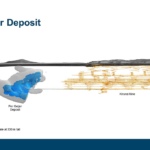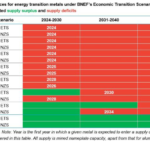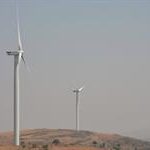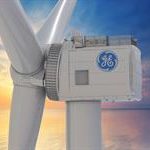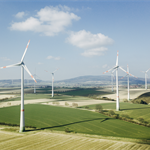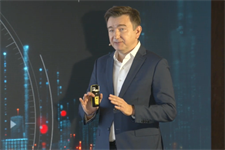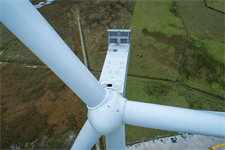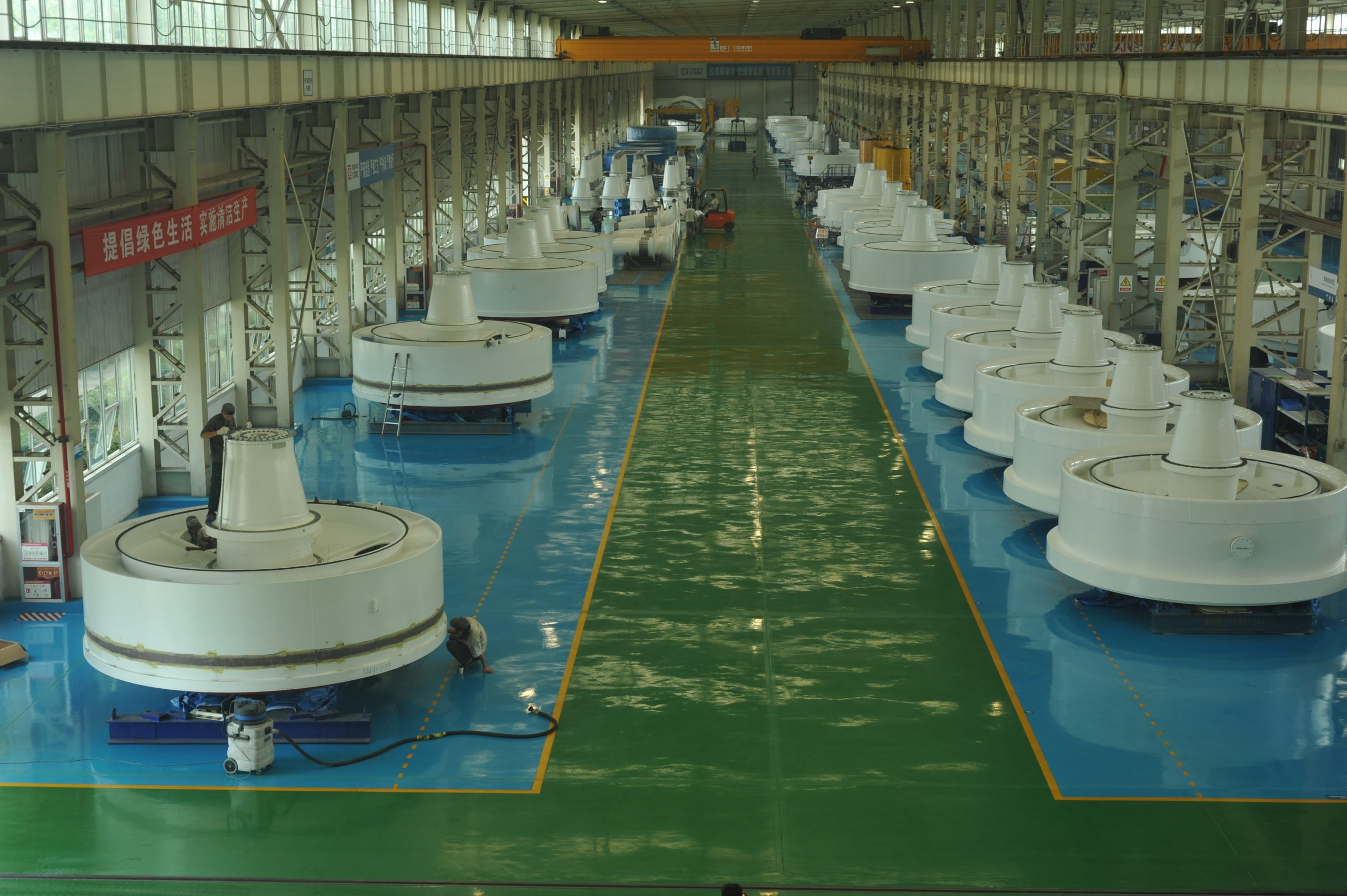UK plant to recycle rare earth magnets key to wind industry
Energy Disrupter

Canadian rare earth mineral specialists Mkango said this week (16 May) that its its Maginito subsidiary had purchased 100% of HyProMag — a rare earth recycling company created by academics at Birmingham University. Maginito previously held a 42% stake in HyProMag.
The company now aims to recycle rare earths including neodymium and boron from magnets at a plant to be developed at Birmingham’s Tyseley Energy Park in the Midlands, central England, later this year.
Rare earth metals are a key element of the permanent magnets that are crucial components in the nacelles of most contemporary wind turbines.
William Dawes, CEO of Mkango, told Windpower Monthly the company was “very interested” in progressing the involvement of the wind industry in the recycling of rare earths planned at the new facility.
The company is aiming to start production at the plant later this year and expects it to have the capacity to produce a minimum of 100 tonnes per year of iron, neodymium and boron.
The recycling process at the plant will use hydrogen to reduce the iron, neodymium, and boron present in specific magnets into powder.
HyProMag developed a technology called hydrogen processing of magnet scrap (HPMS) at Birmingham University. The hydrogen to be used at the plant will be that already produced elsewhere at Tyseley Energy Park.
While rare earth metals such as neodymium are a crucial component of the transition to renewable energy and away from fossil fuels, they are concentrated in few regions geographically, with the majority of known rare earth resources located in China.
Consequently recycling rare earth metals already in use or in wastage is becoming a priority for policymakers. The EU, for example, plans to enforce mandatory recycling targets for rare earths and other key materials as part of its Critical Raw Materials Act.


